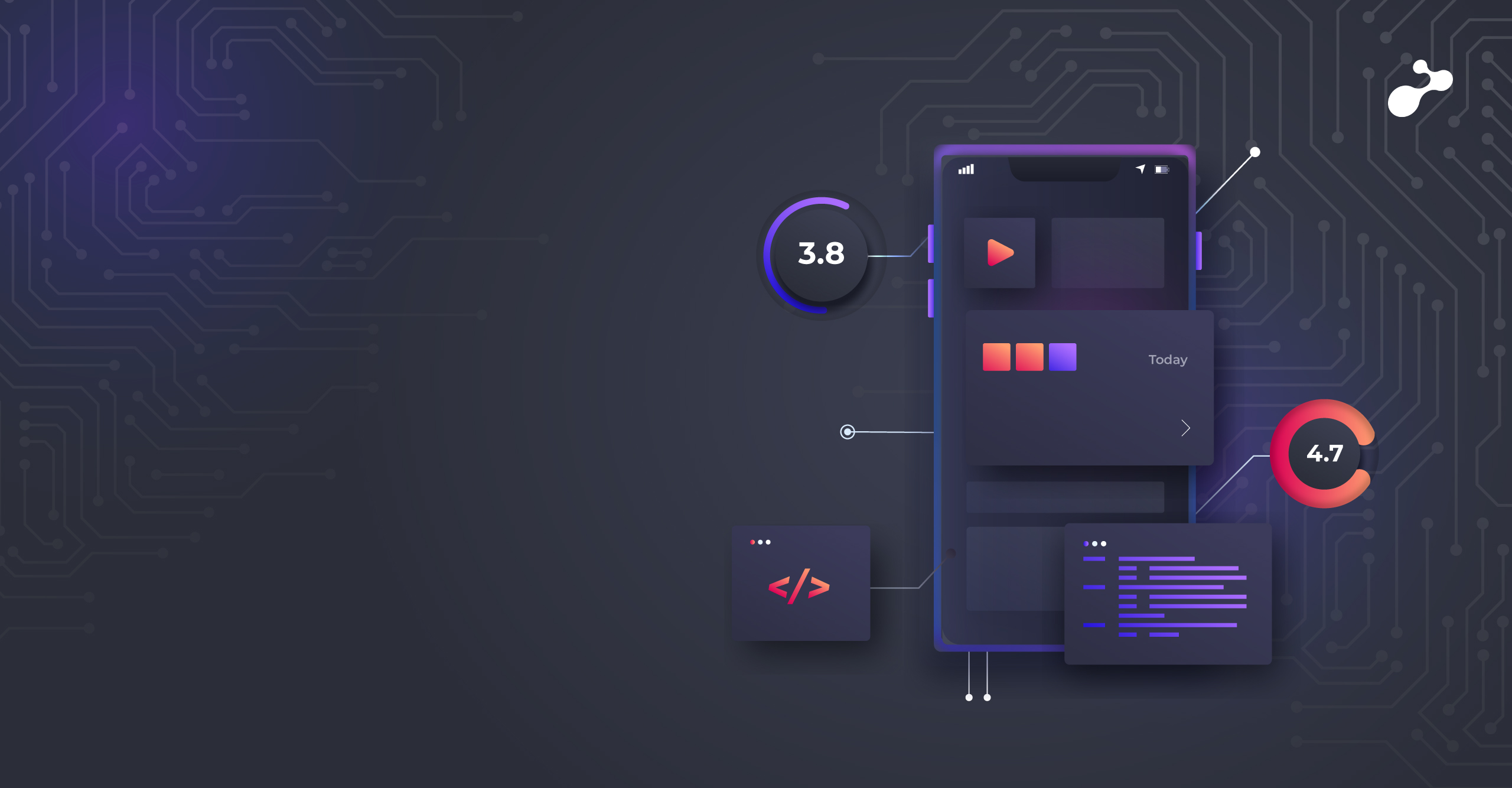The need for digital transformation as a strategic initiative has taken on a new meaning after the COVID-19 pandemic. In the wake of the crisis, technology trends predicted for 2030 and beyond began to make headlines in 2020. The COVID-19 pandemic did not just create disruptions; it brought along an accelerated pace of innovation. Today customer interactions are highly digitized, and organizations must modernize their approach to match new behavior patterns and market demands. This shift to adopt digital services has not just changed market expectations; it has changed the working of organizations' internal workings. Digital is now part of our workforce, and it is evolving substantially.
Let us focus on some of the key digital trends that we see shaping the organization of the future:
Combination of emerging technology and humans for increased efficiency: The industry has seen huge investments in digital and technology transformation initiatives in recent months. This has raised concerns about AI and emerging technologies replacing human workers altogether. But in reality, it is quite the opposite. Humans are now needed to perform the crucial role of training machines and leveraging emerging technology to improve business processes. Technology is being used to analyze data and create accurate reports, which are used by humans for making smarter business decisions. The future will see more collaboration between human intelligence and artificial intelligence. This new combination will require organizations to create workflows and systems that enable a smooth transition between humans and AI/bots, to ensure they work as a single unit.
Hyper-personalization in digital experiences: The pandemic created a massive demand for companies to embrace digital services and capabilities. But as competition in the digital space increases, the differentiator will be the brand's ability to provide enhanced and personalized digital experiences. Hyper-personalization will play a prominent role here, as the digital future will allow organizations to collect and analyze several customer touchpoints. Companies are leveraging predictive analytics and advanced technologies to gain valuable insights to provide digital experiences like never before!
Value-driven product development: With digital being a part of several industries and organizations of varying sizes, the market requires products and solutions that understand its customers' unique requirements. This heightened demand for customized requirements and products will need product development to shift from being feature-driven to value-driven. New age products need to be developed with a combination of a futuristic approach and industry-focused expertise. Value-driven product development will help the industry create specialized and in-demand solutions that understand and cater to the end user's specific needs. And with the help of AI and ML to analyze patterns in customer behavior, software developers can get accurate feedback and data points to further personalize and update their solutions to be in tune with market demand.
Increasing talent gap and need for technical skills: The recent transformation at companies has created an increased demand for technology-expertise in the workforce. The next challenge for companies will revolve around talent as well as culture. As the skill gap widens, organizations need to implement training and upskill their staff to harness advanced technologies. This requires strategic changes and updates to the organization's culture and values, putting technology and data-driven focus at its core.
As technology continues to evolve and reshape our world, the trends outlined here can help organizations make strategic changes to succeed in the coming year. If you'd like to understand more about the trends and how they can benefit your organization, e-Zest is here to help. Reach out to know how the right balance of technical and domain expertise can add efficiencies to shape your organization's future.










